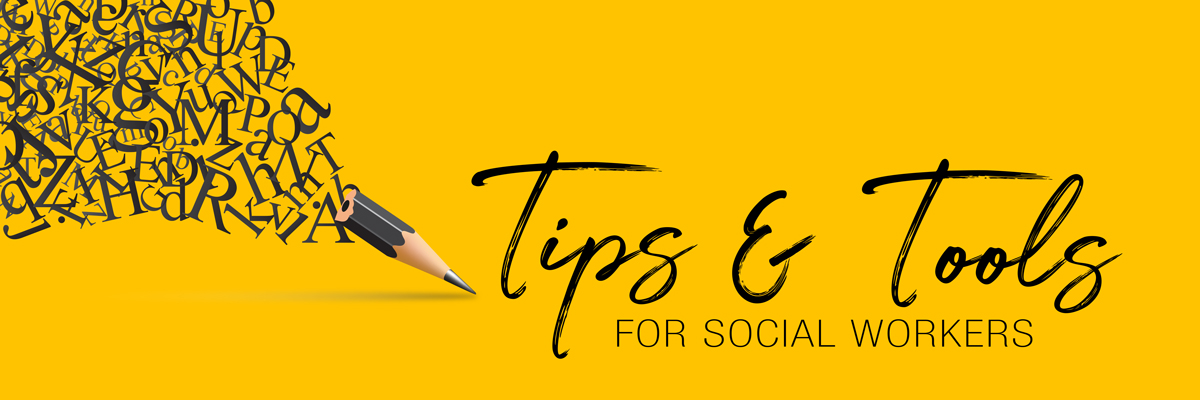
National Association of Social Workers (NASW) Acknowledges National Suicide Prevention Month
Denise Johnson, LCSW-C, Senior Practice Associate
September 2024
NASW observes National Suicide Prevention Month this September, including the National Suicide Prevention Week (September 8, 2024 – September 14) and World Suicide Prevention Day (September 10). The association also acknowledges social workers who support those affected by suicide. Over 48,100 individuals in the United States lose their lives to suicide annually, making it the 11th leading cause of death nationwide.[1] Globally, more than 700,000 people die by suicide each year.[2]
Social workers are often the first point of contact providing support, prevention and treatment in various ways, including but not limited to psychotherapy, counseling, crisis intervention, case management, and advocacy.
NASW encourages social workers to reflect on how they can continue to support their clients and communities to foster hope, healing, and resilience. The association also emphasizes the importance of social workers practicing self-care and seeking support when needed. NASW provides the following resources for social workers.
Continuing Education Courses
Social Work Online CE Institute
NASW offers hundreds of CE courses in a variety of topics such as suicide and suicide prevention. All courses offered through this program are accredited by either the NASW National Office or one of NASW Chapters and NASW members receive discounted prices. The following courses are available:
- Addressing Suicide from the Person-in-Environment and Social Justice Perspectives-Utah
This workshop seeks to better understand suicide from the eco biopsychosocial - spiritual perspective, that considers the many cultural contexts and developmental dimensions of being human.
- Anticipating Tragedy: Clinical Guidance for a Client’s Suicide-Rhode Island
This presentation highlights statistics for suicide amongst at-risk populations. Gender, culture, ethnicity and disability status are discussed in determining risk as well as protective factors to support clinician's understanding of best practices.
- Assessing and Supporting Suicidal Clients-Illinois
This workshop focuses on recognizing and responding to suicide risk during COVID-19, including technology-based risk assessment, online risk management, and resources for both therapists and clients.
- Cultural Differences in Suicide Prevention, Assessment, and Response-New Hampshire
This webinar explores the differences in suicide risk and protective factors across diverse populations, culturally-informed prevention strategies, practical assessment considerations, and best practice approaches.
- Ethical Social Work with Suicidal People
Social workers always rank working with suicidal people among the most stressful of all clinical interactions. This webinar will unpack some of the ethical issues that social workers encounter when working with suicidal clients and their families, including when to break confidentiality, how to work with parents of a suicidal teenager, and what are the professional standards of care for suicidal clients.
- How Social Workers Can Work with Children and Youth with Complex Histories
Many youths seeking mental health treatment show symptoms from various causes, such as trauma, attachment issues, genetic factors, racism, poverty, and prenatal substance exposure. These overlapping difficulties often hinder their response to therapies. The webinar helps social workers differentiate symptoms, understand their combined effects, and adjust treatments for targeted interventions.
Crisis Lines
988 Suicide & Crisis Lifeline
The 988 Suicide & Crisis Lifeline is a leader in suicide prevention and mental health crisis care. Since its inception, the Lifeline has engaged in a variety of initiatives to improve crisis services and advance suicide prevention for all, including innovative public messaging, best practices in mental health, and groundbreaking partnerships.
Veterans Crisis Line
The Veterans Crisis Line serves Veterans, service members, National Guard and Reserve members, and those who support them.
External Organizations
National Institute of Mental Health (NIMH)
NIMH, the lead federal agency for research on mental disorders, offers basic information on mental disorders, a range of related topics, and the latest mental health research.
National Alliance on Mental Illness (NAMI)
NAMI is the nation’s largest grassroots mental health organization dedicated to building better lives for the millions of Americans affected by mental illness.
Substance Abuse and Mental Health Services Administration (SAMSHA)
SAMHSA is the agency within the U.S. Department of Health and Human Services that leads public health efforts to advance the behavioral health of the nation. The Suicide Prevention Resource Center (SPRC) provides resources to help state- and community-level partnerships build and improve more effective suicide prevention efforts.
The United States Department of Veterans Affairs (VA)
The VA provides healthcare services to eligible military Veterans. It operates the nation's largest integrated health care system, with more than 1,700 hospitals, clinics, community living centers, domiciliaries, readjustment counseling centers, and other facilities. Provider Education and Training is also available for community providers.